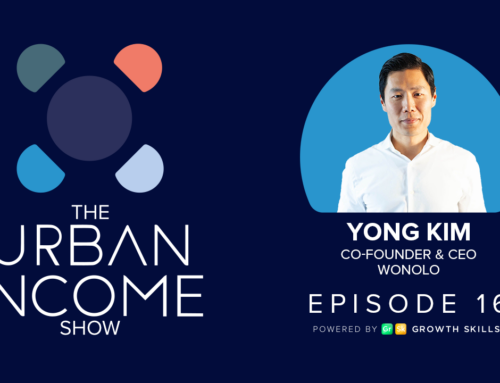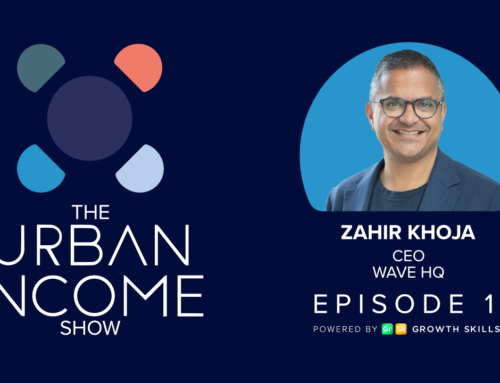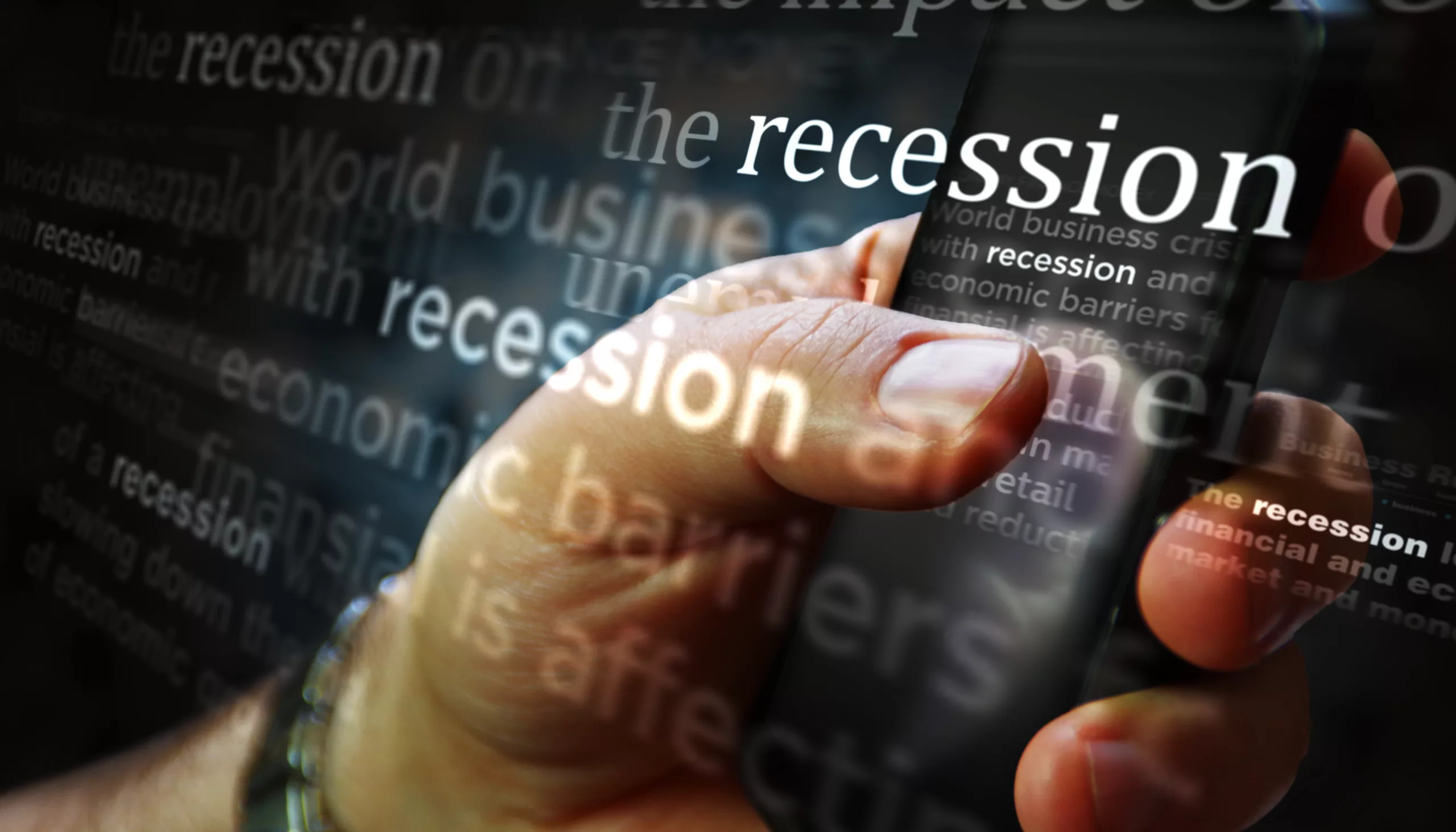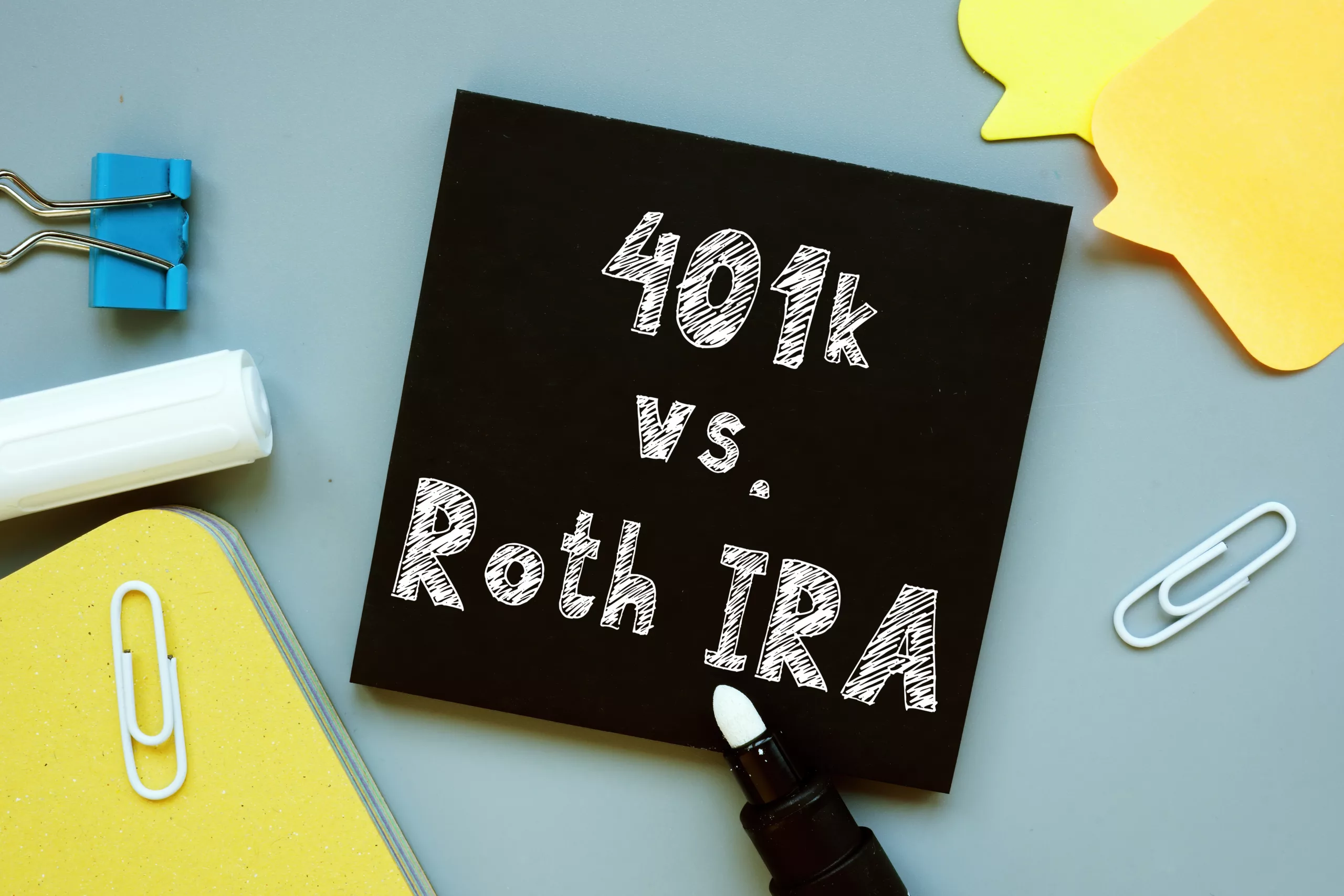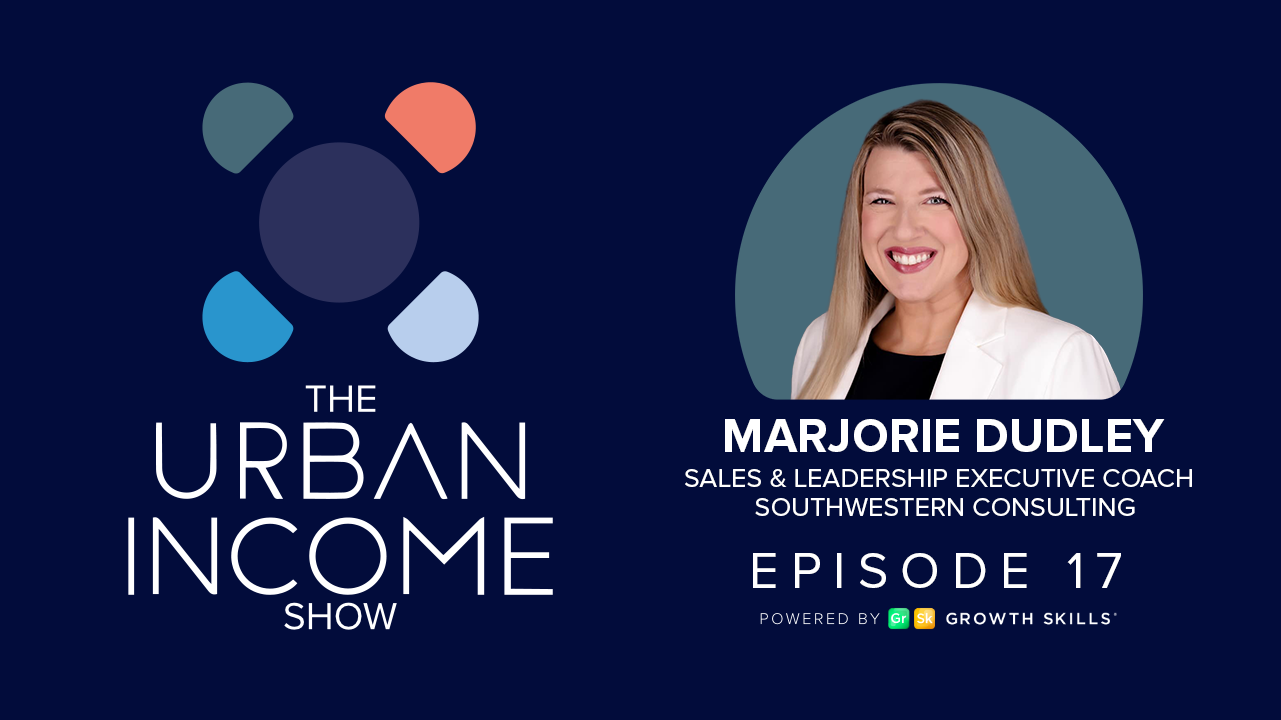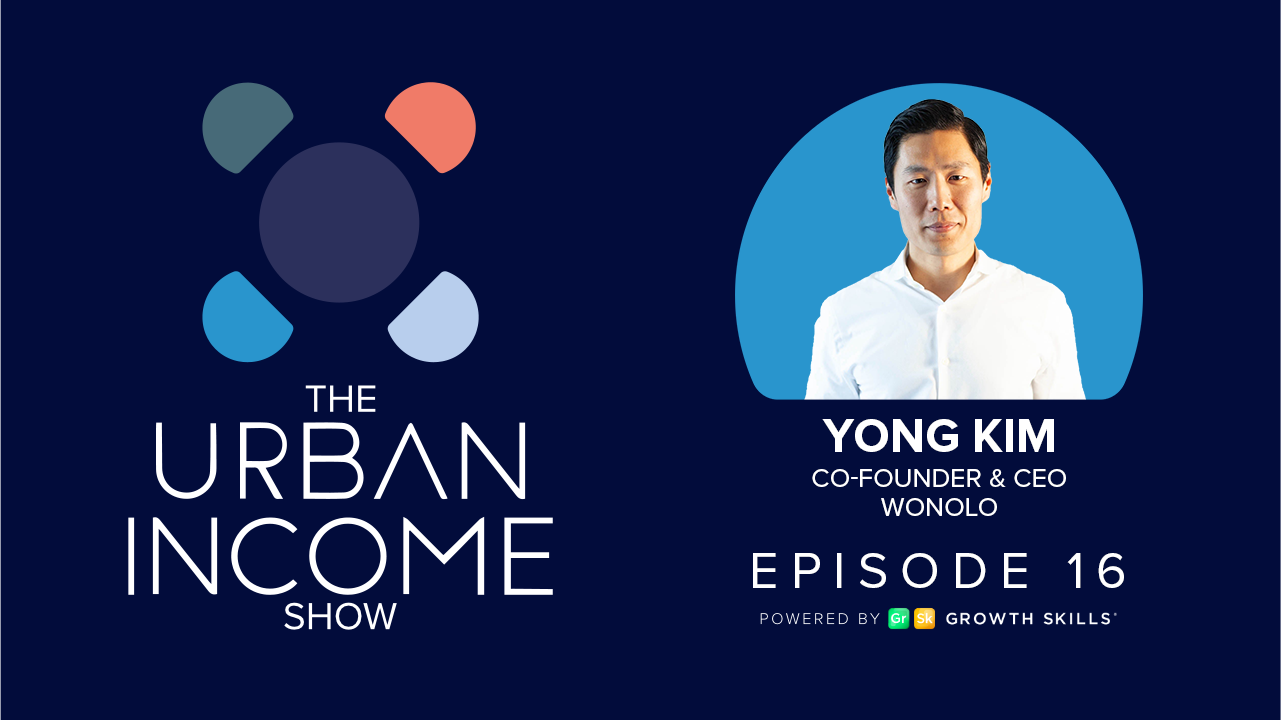Student Loan Payments – When are Student Loans Due Again?
The COVID-19 pandemic has meant student loan payments were put on hold for over three years. But this payment freeze is about to end, so when are student loans due again?
Student loans have already begun accruing interest, which black financial influencers have been emphasizing. Furthermore, repayments will begin in October, so be prepared to factor this into your personal budget.
Let’s delve deeper into this subject and discuss other issues like extensions and potential student loan forgiveness.
When are Student Loans Due Again?
Federal student loans have already begun garnering interest again since September 1st, 2023. Unless you’ve recently graduated or are in the middle of a grace period, you must begin making payments again from October onward.
How much you’ll have to pay and when depends on your specific loan terms. If you need to find out when you’ll have to begin making student loan payments this coming month, contact your loan provider or check your monthly bill.
Understandably, many of us have become used to not worrying about this type of credit on our records, so be prepared to adjust your household expenses accordingly.
Listen to advice from Hispanic financial influencers, and don’t be afraid to install some personal finance tools to help you out.
Will the Student Loan Payments Suspension Be Extended?
In the past, speculators said that the payment moratorium wouldn’t be extended, and it was. So, why couldn’t a last-minute deal see your repayments suspended again?
In short, there’s zero chance of a student loan pause because of the June 2nd debt ceiling deal passed by Congress. This provision essentially confirmed that student loan repayments would resume in 2023.
Am I Eligible for Student Loan Cancellation?
Now that you know when are student loans due again, you may be curious as to whether you’re eligible to have all or part of your outstanding student debt forgiven.
President Joe Biden announced in August 2022 that he would be looking to see up to $10,000 in debt canceled for borrowers, with this number rising to $20,000 for Pell Grant recipients. Unfortunately, the Supreme Court blocked this executive order in 2023.
The reasoning given by the Supreme Court was that President Biden didn’t have the authority to issue such an order under the HEROES Act.
In short, if you rely on student loan forgiveness to increase your income, this must be shelved for now. Your debt will resume from where you left off before the COVID-19 pandemic.
Additionally, even if the plan had gone through, several states said they would tax student loan cancellation as income.
Student Loan Payments Timeline
Although you can no longer fill in a student loan forgiveness application, help is available for those who must become accustomed to making regular student loan payments again.
Here’s a timeline to help you understand what’s coming:
- Interest – From September 1st, 2023, interest begins accruing on outstanding student debt again.
- First Payments – The first bills will become due in October, so ensure you’ve prepared adequately. You can also get helpful tips from the Urban Income Show if you’re struggling.
- On-Ramp – From October 1st, 2023, until September 30th, 2024, the Department of Education is launching its on-ramp program, meaning that during this time, borrowers who miss payments won’t see their loans classified as delinquent.
Additionally, the on-ramp period will see missed payments not reported to credit bureaus. So, you won’t have to turn to credit repair companies or start freelancing as a second hustle if you’re struggling.
What Can You Do to Prepare for Student Loan Payments?
With all legal challenges exhausted and a guarantee that repayments are starting again, many people are worried about their ability to make them as the cost of living crisis bites.
So, what can you do to ensure that you’re ready?
Make Use of the On-Ramp
The number one piece of advice is to use the on-ramp if you must. Your credit score will remain unaffected if you miss any payments, and your loan won’t be sent to collections during this transition period.
If you’re unemployed and have been using job search websites, or your income isn’t stretching enough, don’t be afraid to miss a temporary payment.
You’ll need to pay this money back later, but the breathing space can be critical if you’re juggling multiple debts or your income isn’t going far enough.
Connect with Your Loan Servicer
Your loan servicer may have changed without your knowledge over the last three years. This is why it’s vital to prepare by connecting with them, as you may need to update your details and obtain new login credentials.
According to the Consumer Financial Protection Bureau, more than 40% of borrowers may have a new servicer.
During this time, you should also:
- Double-check your loan balance.
- Choose a repayment plan.
- Explore any federal assistance options you may be eligible for.
Create a Budget
Once you’ve figured out what your repayments will be every month, it’s time to create a new budget.
Ideally, you should avoid taking on new credit cards and other types of personal debt during this time to ease you into restarting your student loan repayments.
Remember the golden rule of creating a viable budget: live within your means.
Get Help
Perhaps you’re in a situation where you’re tearing your hair out over how to do your taxes. Alternatively, you may be unemployed and searching for recession-proof jobs to help you overcome these tough economic times.
Don’t suffer in silence. Reach out to a financial advisor who can help you define a financial plan and educate you on any assistance options that may be available.
Conclusion
The resumption of student loan repayments can be daunting, but you have time to prepare. The best course of action is to be proactive and not be afraid to seek help if needed.
At Urban Income, we’re there to help you manage and grow your income and wealth through helpful guides and advice directly from the experts. To learn more, browse our platform now.
